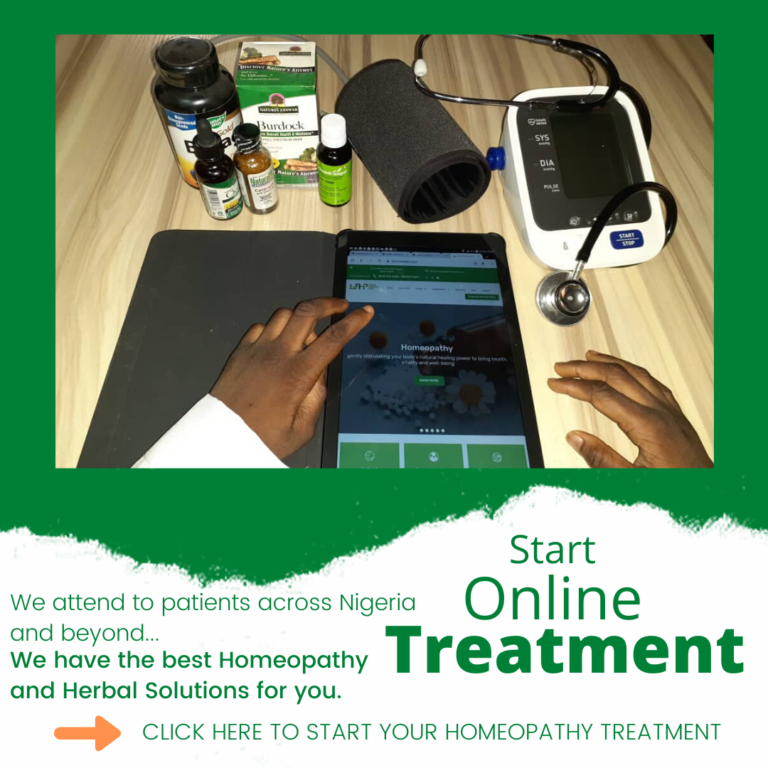Atherosclerosis refers to the buildup of plaques in and on your artery walls which can restrict blood flow.
As you get older, fats, cholesterol, and calcium can collect in your arteries and form plaque. The buildup of plaque makes it difficult for blood to flow through your arteries. This buildup may occur in any artery in your body, including your heart, legs, and kidneys.
It can result in a shortage of blood and oxygen in various tissues of your body. Pieces of plaque can also break off, causing a blood clot. If left untreated, atherosclerosis can lead to heart attack, stroke, or heart failure.
What Causes Atherosclerosis?
- High cholesterol; cholesterol is a waxy, yellow substance that’s found naturally in the body as well as in certain foods you eat. If the levels of cholesterol in your blood are too high, it can clog your arteries. It becomes a hard plaque that restricts or blocks blood circulation to your heart and other organs.
High levels of cholesterol aren’t the only risk factor in developing atherosclerosis, but they’re a significant contributor. There are two kinds of cholesterol. Low-density lipoprotein (LDL) is also known as “bad” cholesterol, and high-density lipoprotein (HDL) is known as “good” cholesterol. The goal in treating cholesterol and its related problems is to keep LDL low and to raise HDL. - Diet; it’s important to eat a healthy diet rich in wide range of fruits and vegetables, whole grains, low-fat dairy products, poultry & fish, nuts & legumes, vegetable oils, such as olive oil or sunflower oil.
You must avoid the following in your diets
- Foods and drinks with added sugar, such as sugar-sweetened beverages, candy, and desserts.
- Foods high in salt
- Foods high in unhealthy fats, such as saturated fats.
- Aging; as you age, your heart and blood vessels work harder to pump and receive blood. Your arteries may weaken and become less elastic, making them more susceptible to plaque buildup.
SYMPTOMS
Symptoms of moderate to severe atherosclerosis depend on which arteries are affected. For example:
• If you have atherosclerosis in your heart arteries, you may have symptoms, such as chest pain or pressure (angina).
• If you have atherosclerosis in the arteries leading to your brain, you may have symptoms such as sudden numbness or weakness in your arms or legs, difficulty speaking or slurred speech, or drooping muscles in your face. These signal a transient ischemic attack, which, if left untreated, may progress to a stroke.
• If you have atherosclerosis in the arteries in your arms and legs, you may have symptoms of peripheral artery disease, such as leg pain when walking
• If you have atherosclerosis in the arteries leading to your kidneys, you develop high blood pressure or kidney failure.
• If you have atherosclerosis in the arteries leading to your genitals, you may have difficulties having sex. Sometimes, atherosclerosis can cause erectile dysfunction in men. In women, high blood pressure can reduce blood flow to the vagina, making sex less pleasurable.
How is atherosclerosis treated?
First line of treatment involves changing your current lifestyle to decrease the amount of fat & cholesterol you consume.
Helpful lifestyle changes include:
• Eating a healthy diet that’s low in saturated fat & cholesterol
• Avoiding fatty foods
• Adding fish to your diet
• Engaging in moderate exercise
• Quitting smoking
• Losing weight if you’re overweight or obese
• Managing stress
• Treating conditions associated with atherosclerosis, such as hypertension, high cholesterol, and diabetes
Alternative Medicine: There are a number of herbs that could help treat atherosclerosis, such as artichoke extract, garlic, hawthorn etc
For holistic natural supplements for Atherosclerosis, call the herbalist in the house, Oluwafunmise, on 08028366901, 08183554665


